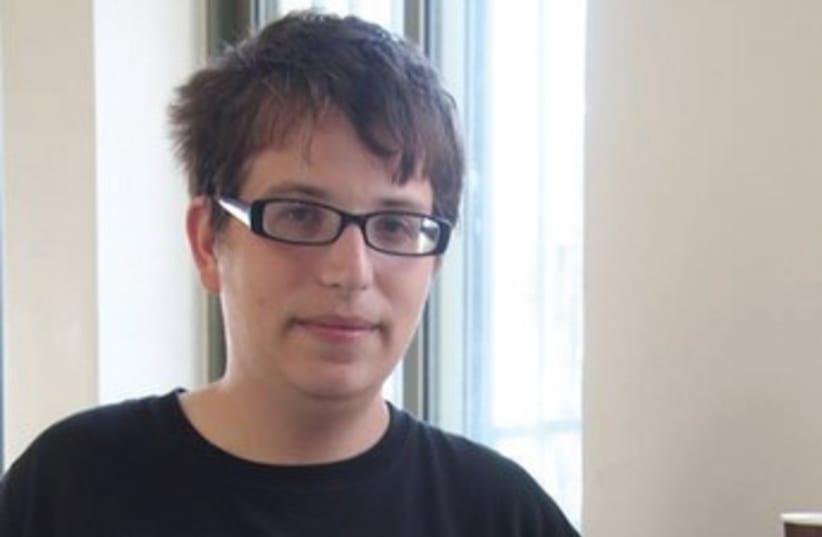The Middle East conflict is a difficult one, with bombs and shootings, missiles and war, but amidst all that there is a sense of calm, brotherhood and friendliness when it comes to one thing: Soccer.As an Israeli who feels that this conflict is unnecessary, I was pleasantly surprised to find several Arabs in my local Manchester United supporters club, “Israeli Reds.” They may not drink beer, for religious reasons, but together we sing and give praise, whether it be to the Jewish God, Hashem, or the Muslim God, Allah, and of course, to our home team and manager.In Israel, it’s very rare to find Jews and non-Jews gathering together without each group being on opposing sides. But last Saturday, the Israeli Reds official Manchester United supporters branch created a little piece of history when, for the first time in its six-year existence a match viewing was organized in an Arab town – Baka al-Gharbiya – for a 2-0 beating of Swansea.
It’s not going to create peace, and certainly that is not the intention, just to watch a game of football and meet new friends, but that is the basis for everything.Unfortunately, I couldn’t be there due to other obligations.It was organized by my friend, sports reporter Ahmad Awesat, and reports coming from all over from my friends at the Israeli Reds were full of positive remarks and comments.I’m proud to be a member of a club that shows that yes, maybe peace can be made through football and love for one team.I wanted a unique way to support my team, so I did what I know best, I became administrator of several fan-based Facebook pages.Through this I became friends with other administrators from other pages and found out that several live in Lebanon or Saudi Arabia.I was hesitant about whether to tell them where I live, but when I did, I was pleased to know none of them cared. As one of my friends in Lebanon wrote to me via a chat, “We United fans are brothers whether we live in Lebanon or Israel.”Peacemaking has featured prominently in soccer history. For example, on Christmas Day in 1914 during World War I, a cease-fire was declared for several hours to allow German solders to play soccer against British soldiers.One of the English solders said afterward, “That was the best football I played in my life.”As many may remember, in December 2011, the Manchester United Under 21 team exchanged gifts with teams from Germany, Belgium and France to commemorate this famous 1914 truce as Brian McClair, director of Manchester United Youth, observed: “It’s important to understand that football has a wonderful power to build bridges.”Other cases include Jewish Israeli players playing in teams together with Arab players. When one of them scores, the other is there to congratulate him.FC Barcelona came to Israel before the 2013/14 season on a peace trip.“We know that coming here is a drop in the ocean, but for us this drop is very important and we will deliver any drop we can give to Israel and the Palestinians to make peace happen,” FC Barcelona president Sandro Rosell said before an event, organized by the Peres Center for Peace and President Shimon Peres, that saw thousands of fans from Israel and the Palestinian Authority talking about what they can do for peace.The Afghanistan Football Federation won the 2013 FIFA Fair Play Award at the FIFA Ballon d’Or 2013 soccer awards ceremony in Zurich, for playing a friendly, or exhibition match, against Pakistan in an attempt to foster peace.Can it be that the secret to world peace is football? For me, I can honestly say, yes it possibly is and I look forward to the day where I and my Lebanese friend can sit together to watch a game and cheer, “Go Reds!”The writer is a 27-year-old immigrant to Israel from Manchester who has Asperger syndrome and works for the Shekel Organization. His dream is to work in the world of media and entertainment to prove that people with disabilities are capable of doing anything a non-disabled person can do.
